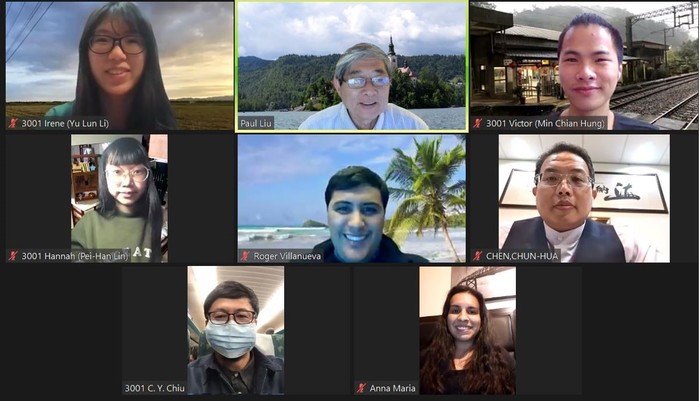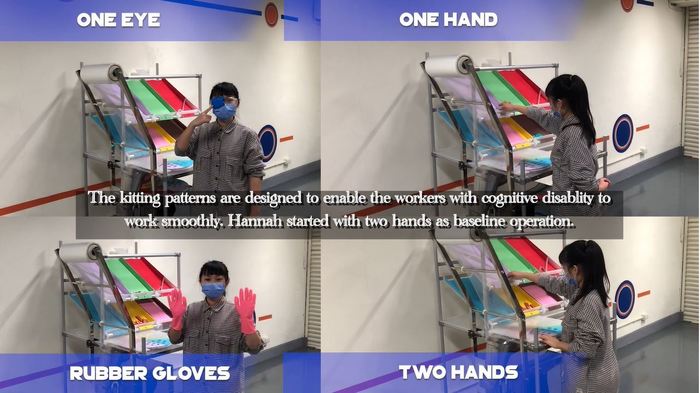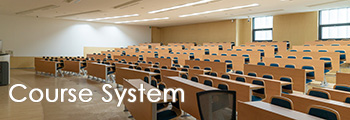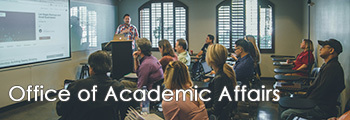Barrier-Free Design Competition Winners


To promote inclusivity, SourceAmerica, an US-based national nonprofit organization committed to improving the employment opportunities, economic empowerment, and upward mobility of people with disabilities, hosts the national competition, “SourceAmerica Design Challenge”, annually for barrier-free design. The design challenge is aim to encourage students to utilize their STEM skills to develop concepts and prototype assistive technologies to support people with disabilities in their workplaces. Taipei Tech students of the Department of Industrial Engineering and Management team up with students of the California State University, Los Angeles(CSULA)and form two teams, “Zeno Effect” and “Midas Touch”, and they have delivered the design works that won first and second place respectively at the design challenge.
The “Zeno Effect” designed a web-based data tracking platform that increases efficiency in the assembly process for employees with disabilities and also assists managers to spot areas needing attention. Mo Hui-Jun, the junior student of the Department of Industrial Engineering and Management noted that the target user of their platform is the disabled product line operator and manager with limited mobility. “It is important to design from the users’ perspective and to fully understand their needs” said Mo. In addition to utilizing the skills and knowledge of data analysis that they have already acquired, the students also learn to use the “YOLO real time object detection device” for the design, and have managed to come up with the program that can both operate facial and object detections.
Team “Midas Touch” created a kitting and packing station utilizing pattern boards and a semi-automated heat sealer to increase accuracy and safety for employees with disabilities. Hong Min-Qian, another junior student of the Department of Industrial Engineering and Management, who is familiar with work station design ever since he was a high school student, said that the labeling machine that they designed for the station can be operated with just one hand. The work station design is also ergonomic and “fool-proof” which helps to improve the accuracy of the assembly.
Taipei Tech President Wang Sea-Fue indicated that the students and teachers of the Department of Industrial Engineering and Management have achieved great results in teaming with CSULA and demonstrate a fruitful andsubstantial international cooperation. “By participating in the meaningful SourceAmerica Design Challenge that encourage the invention of practical designs and technology that people can leverage to support and improve accessible and barrier-free mobility for all,” said Wang, “Taipe Tech students and teachers can contribute to the collective goal of inclusivity and as advocates of the sustainable development goals of ‘Decent Work and Economic Growth’ and ‘No Poverty’”.






